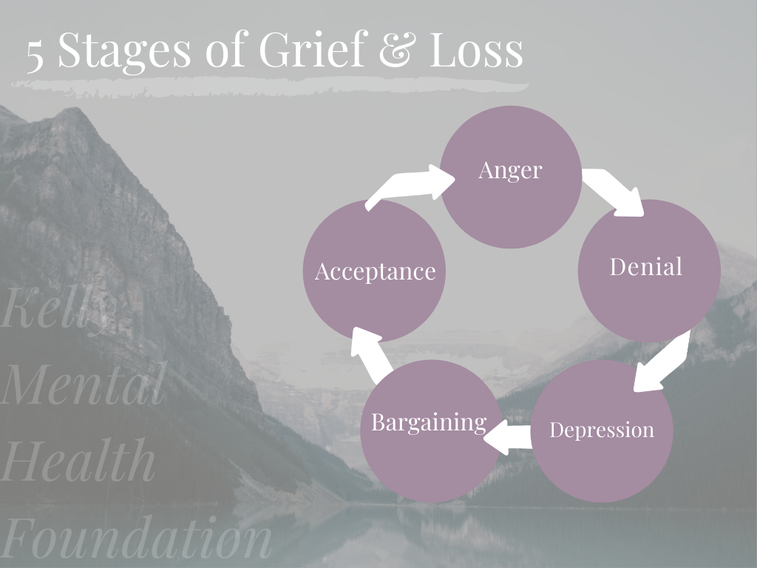|
By: Kristen Sohlman, MACP, RP Are you feeling that the world has changed so much? Are you feeling helpless? Are you feeling sad? You may not be just depressed; you may be grieving. The grief response happens when there are significant changes in life, when things will not go back to the way they used to be, when there is a loss of normalcy, a loss of connection, when there is worry or fear, and all of this is hitting us in a short period of time. We are grieving. Together we are grieving. Collectively we are grieving. And for those of us that are privileged, this may be a new experience where entire cities, provinces, and countries are grieving collectively. We are grieving on a micro and macro level. Some of this grief is anticipatory grief. This is the feeling that we get about what the future holds, feeling uncertain, having a fear of death. This is the feeling that someone has after a loved one has been diagnosed with a terminal illness and they begin a grief process even prior to the loss of their loved one. It may also be a feeling like there is a storm coming or a bad feeling that you get in your stomach. But with a virus we cannot see the storm coming. It may bring about a feeling of being unsafe or that there is a risk or threat. Anticipatory grief has a good level of anxiety connected with it. There is a certain level of fear. Your mind may race. But there can be hope. How to Respond to the Grief Find Balance. There can be hope in trying to find some form of balance. For example, if your mind automatically goes to the worst-case scenario, have yourself consider the best-case scenario. Remind yourself of the facts: some people will get sick, some people will die, those that take the right steps will reduce this risk, and not everyone that you know and love will get sick. Understand that there are 5 known stages of grief: anger, denial, depression, bargaining, and acceptance. Know that the five stages do not show up in order, know that grief is an individual experience, and that everyone experiences grief in their own way. The stages of grief provide a framework about what you might be experiencing, but in your own way, and help you understand why you are experiencing what you are experiencing. Learn the signs of each of the stages. Anger: “My neighbor is not staying home. They are ignorant and do not care about anyone else.” If you are feeling particularly overwhelmed, having difficulties concentrating or communicating, or if you notice your heart is racing and you're having difficulty breathing, try using TIPP skills. These four coping mechanisms can help to calm your body so that your mind can follow, will help to alter the fight/ flight response, and help you focus on the present moment. Change your temperature. By wearing lighter clothing. Splash your face with cold water, make a snowball, or melt an ice cube in your hand. Since the mind and body are connected, literally cooling off your body tells your mind to cool off, calm down, and relax. Being Present. Another way to manage anticipatory grief is to be in the present moment. Ground yourself in the present moment by reminding yourself where you are, what you can see, hear, feel, smell, or taste. Focus on the here and now. Give yourself permission to think about the rest later, and pick a time to do this, in order to give yourself a break. Practice yoga, meditation, or mindfulness. Remember that in the present moment, nothing that you are anticipating has happened. Think about what you can and cannot control, and know the difference.
Whether your neighbor is following the rules is out of your control. Instead, focus on what you can do: stay inside, go for a walk, if you see your neighbor, say hello from a safe distance and wash your hands. Finally, stock up on empathy and compassion. This is a difficult time for you and this is a difficult time for others. Everyone, including yourself, has different levels of grief and experiences grief in different ways. Be patient, keep trying, and be kind. |
|
OverviewNWO’s source for all things relationships, mental health, wellness, lifestyle, and pandemic support. Kelly Magazine is a mental health outreach initiative created by Kelly Mental Health and supported by Kelly Mental Health Foundation, a non-profit organization dedicated to improving the community in the area of mental health.
|
Magazine |
Follow Us |
In support of @kellymentalhealthfndn |
© COPYRIGHT. ALL RIGHTS RESERVED. WEB DESIGN BY KMH






